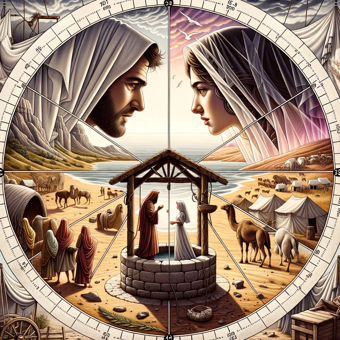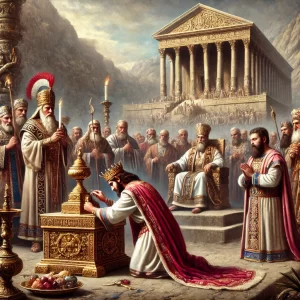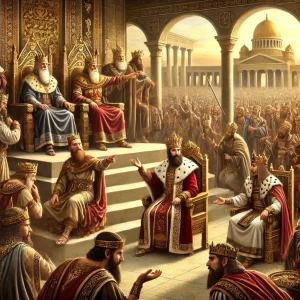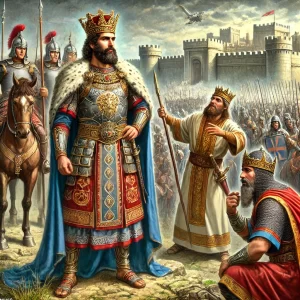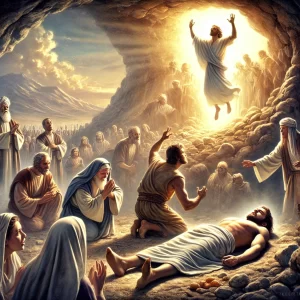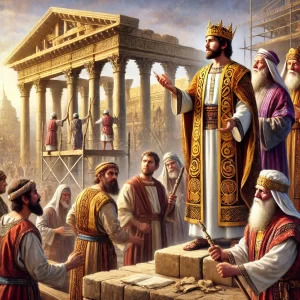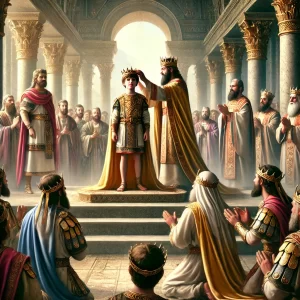Genesis 29 provides a rich tapestry of events surrounding Jacob, from meeting his beloved Rachel at a well, to the deception of Laban with Leah, and the birth of Jacob’s initial sons. This chapter not only captures the essence of human relationships, love, and family dynamics but also offers vital lessons for the modern world.
Jacob’s initial encounter with Rachel by the well is emblematic of providence and love at first sight. In a world dominated by online interactions, this reminds us of the beauty of spontaneous, real-world connections. The stone on the well’s mouth, which required collective effort to move, reflects the importance of community cooperation, echoing the idea that unity can overcome substantial challenges.
When Jacob expresses his desire to marry Rachel, he agrees to serve Laban for seven years, showcasing the depths of commitment and patience. However, this dedication meets deception when Laban gives Leah in marriage first, citing cultural norms. This act mirrors instances in today’s world where traditions or societal norms sometimes overshadow individual rights or feelings.
The disparity in Jacob’s affection for Leah and Rachel gets further accentuated with the birth of his sons. The narrative underscores the emotional complexity of family life, with Leah seeking validation through childbirth. In a world that often values instant gratification, Leah’s persistent hope for her husband’s love demonstrates resilience and faith.
While this chapter paints a vivid picture of ancient societal norms, it has contemporary resonance. It touches on:
- The essence of true commitment in relationships.
- The challenges posed by societal norms and traditions.
- The complexities of family dynamics and seeking validation.
- The divine intervention that sometimes works silently in the background.
